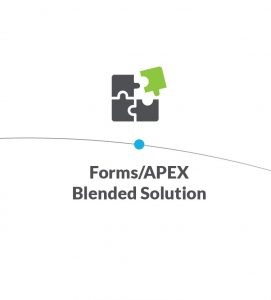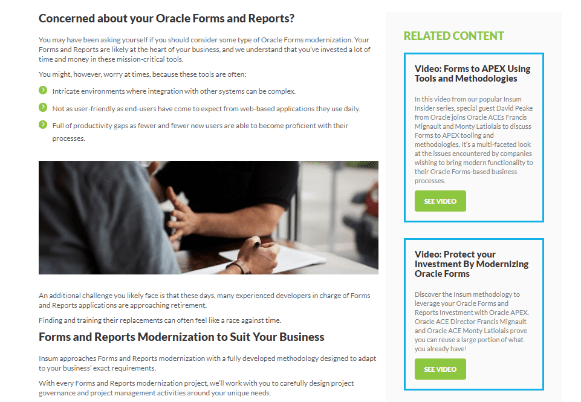When it comes to migrating away from legacy Oracle Forms applications, there are many replacement options. And, it’s no secret that Oracle APEX is becoming an increasingly recommended alternative to Oracle Forms. But why APEX? You would think they have little in common as Forms is client-server based and APEX is web-based. But in fact, both these application development platforms share several deep similarities. These not only help them work well together, but they also enable your developers to more easily work with them. This is what makes APEX ideal for Forms modernization.
(This is an updated version of a blog that originally appeared under the name “Oracle Forms Modernization, Forms-APEX Similarities”)
The Database-Centric Approach
Many Forms and APEX similarities stem from what could be called a database-centric approach
The often-recommended best-practice approach with Forms was to have as much of the code as possible reside in the database, including business functions and security. In this method, Forms acts as a front-end to all this functionality while most of the business logic resides in the database. All is secure, centralized, easy to maintain, easy to deploy, and performant. APEX works the same way.
A big advantage of this approach is that you can reuse the same code. For example, if you have 15 order-taking screens, you can have them all make the same call from the same code in the database. You won’t have to develop code for 15 different order-taking screens. This not only makes development easier, but it also makes for better application performance.
Although it’s true that Forms is not always set up this way, APEX is. And, APEX offers tools to easily migrate Forms applications to the database.
With your business logic and security on the database, APEX’s web-based development can open up your business processes to all sorts of possibilities, including cloud services.
Your Path to the Cloud
Because APEX applications are cloud-ready by nature, they allow easy access to an ever-increasing amount of cloud services. Examples of such services that might interest the Oracle Forms developer: Object storage, JSON Database, Container as a Service. There are many more. All of them off a modern and dynamic (pay as you go) environment to run your applications in. If you’d like to learn more about how your business can leverage them, Oracle Cloud-Native Services is a great place to start.
Does your Oracle Forms wishlist include any of the following?
Easily consume and create webservices
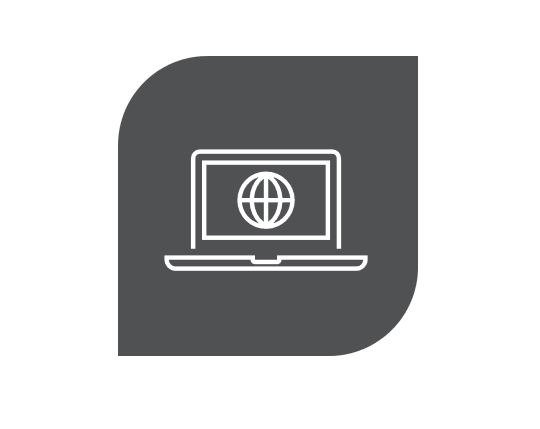
Quickly build nice dashboards

Easily perform live, online reporting

Create mobile-friendly applications

Be able to export to Excel / PDF / Mail

Run on the web without Jinitiator / Java
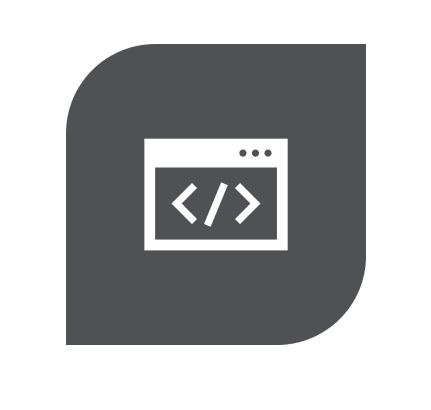
Integrate new technologies like Maps, JavaScript, etc.

Use CSS and JavaScript (JQuery / Oracle Jet)
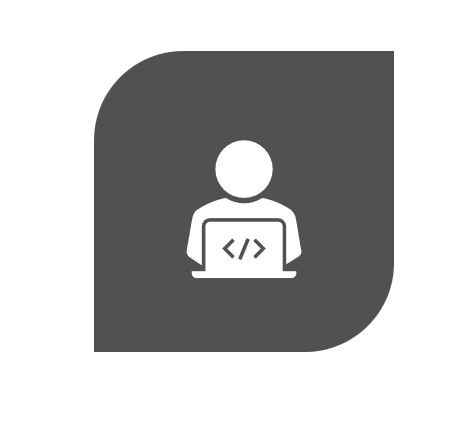
Oracle APEX Can
APEX comes included with the Oracle database as a rapid application development tool. It’s designed to enable you to very quickly put together robust, data-centric applications such as the ones mentioned above. And, it is free for you to use no matter how many applications you build or how many users you have. It is there for your company to take advantage of, right now, without extra licensing fees.
Oracle APEX is the most cost-effective method to bring your Oracle Forms-based business applications up to speed in a web-based world.

Forms-APEX Similarities
Same Paradigm
Oracle Forms is based on a relational data model, meaning most application screens or blocks of information are based on tables in the database. Often, these are management applications: Client management, order management, PL Management, etc. APEX uses this same relational data model.
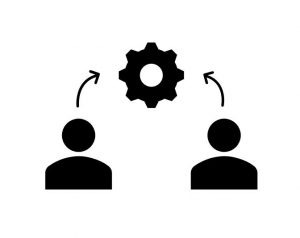
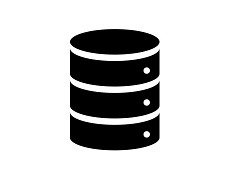
Same Database Model
Forms development is procedural and not object-oriented such as with Java or .Net. So is APEX.
Same Programming Language
Forms and APEX share the same coding language, PL/SQL. There are, of course, many new functions in APEX, but the base is still the same. APEX even allows you to reuse much of the code you already have in Forms.
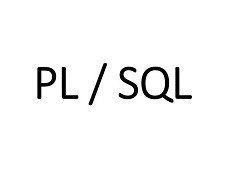
APEX is Ideal for Forms Modernization…and Your Forms Developers
Both Oracle Forms and Oracle APEX are declarative and use PL/SQL code. This will make your Forms developers feel right at home and give them a fast, efficient learning curve.
Because Forms and APEX share the same developmental approach, the development methodology is also the same. In APEX, just like in Forms, you develop a logic model, create a physical model, then sit down with the customer/end-user and establish a list of business functions and start development.
APEX is ideal for Forms Modernization because it enables you to keep most of your backend programming. Except now these actions can be performed over the internet, on a mobile or tablet. They might be put into communication with web services. This opens up so many possibilities. It allows connection to internal or external systems such as other departments, business processes, business partners, and customers.
APEX’s rapid application development allows it to happen quickly and smoothly. Plus, you can now use modern development approaches, like the agile methodology. This is a far cry from line-by-line Java coding.
The move towards web-based applications is now feasible. You can modernize even hundreds of Forms within a reasonable timeframe and cost.
Moving From Forms to APEX
So, you have a data model, you have PL/SQL, you have Forms applications, you have business functions in your database and predefined security parameters. You’ve had all of this for years. It’s debugged and proven. All you need to do is position APEX alongside Forms and reuse the same database, the same SQL code, and the same business functions. It’s the presentation layer that’s changing. It’s now web-based, responsive, and cloud-ready. You can also partially or completely replace your Forms applications. It’s up to you.
If you decide to go with another technology, you are basically throwing all of these Forms-APEX Similarities away and starting over, with all that entails. With APEX you are leveraging the significant investments you’ve made in your Database. You are using the same server, the same personnel, the same developers the same knowledge, and the same IT structure.
Why start from scratch when you can start from a large percentage of your existing investment?
Title photo credit: Bill Oxford

